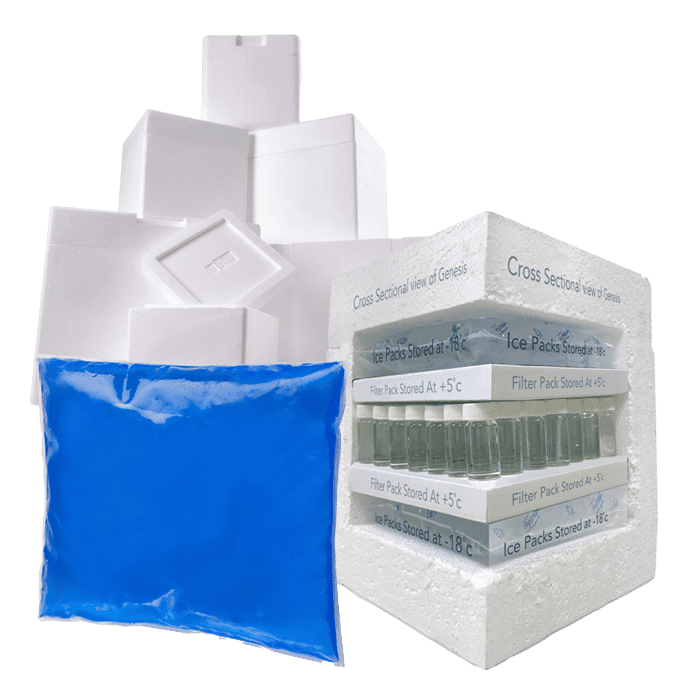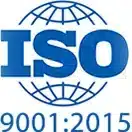The Thinking Behind “Sustainability through Innovation”
Here at Hydropac we often talk about “Sustainability through Innovation”, but what does this actually mean?
In short; focusing on sustainability can in turn encourage innovation, by way of introducing different function and design constraints that shape how our products are used in different processes.
The impact that humans and their actions have on the environment is well known, and many rules and regulations have been put in place in recent years to reduce excess waste and pollution.
The demand for sustainable innovation and the rapid growth of technology are becoming two of the main drivers of revenue growth for companies across a range of industries.
Custom chilled solutions for you
Hydropac offers every customer a customized solution for chilled and conditioned shipping. For example, we help a customer with limited freezing capacity to deliver gel packs frozen and ready to use, and we can manufacture almost all shapes and sizes of cooling elements. As a customer, you come first: we are here to help you.
What does “sustainable innovation” mean?
The term “sustainability through innovation” was originally shaped by the thought of “ordinary” innovation that is then driven and boosted by consumer worries for the environment and the planet’s resources. This idea takes into consideration the concept of using ideas, products, processes and concepts that achieve economic viability to be environmentally aware and promote sustainable practices and designs.
Industries all over the world are adopting the idea that non-renewable resources shouldn’t be used faster than they are replenished, and the generation of waste should not exceed the generation of resources in the ecosystem. This mindset is pushing innovation in all areas of business.
Sustainable innovation vs “ordinary” innovation
Compared to what we class as “ordinary” innovation, sustainable innovation can result in improved business models, better processes, efficient resource flows, reduced cost/waste and even completely new market segments to meet the needs of eco-aware consumers
The drive for sustainability has changed how consumers shop. Whereas once there was a focus on “cheap and cheerful”, more and more consumers now are looking to buy high-quality products that stand the test of time – a lot of people would now also rather purchase products from a business that aligns with their environmental values. Whatever these are, valuable metrics can be used to determine how sustainable or ethical a business is, and this can be a key factor for customers when deciding whether they should support a company.
Sustainability in businesses
Sustainable thinking is starting to transform businesses and change the way scientists, researchers and manufacturers approach technologies, products and supply chains. It is good for business in a range of ways, not least because it addresses consumer demand for more sustainability. Companies can also achieve better economic performance with sustainable innovation because they are more socially and environmentally aware with their business operations.
The result of sustainability in business is a cleaner, healthier, fairer, and more stabilised world that pushes economic growth across the board.
Population growth and a higher level of waste means that environmental concerns will certainly continue to expand. As these concerns grow, so will the market power of sustainable businesses, with non-sustainable businesses being left behind.
Innovation and sustainability go hand in hand, making things better in the long term.
Sustainability Hydropac and CSR
Sustainability isn’t just a trend for us – it’s a promise. As we innovate, create, and lead, we keep our planet’s well-being at the forefront. With Hydropac, you’re not just preserving the quality of your cargo; you’re contributing to a healthier world.
Experience the power of sustainable temperature assurance with Hydropac – where excellence and environmental responsibility coexist for a brighter future.







